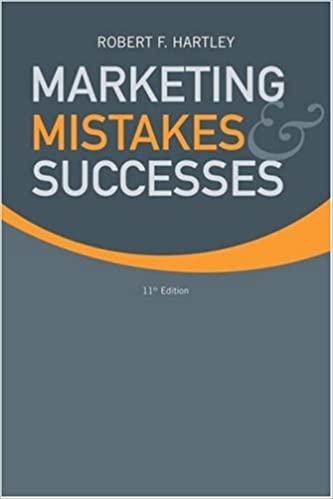Do you see any reasons why Hogan may not have been completely objective in his whistle-blowing efforts?
Question:
Alan Hogan was honored in June 2001 by the Civil Justice Foundation for exposing how employees at a Bridgestone/Firestone plant in North Carolina routinely made defective tires. This consumer advocacy group, founded by the Association of Trial Lawyers of America, bestowed similar “community champion” awards on tobacco whistle-blower Jeffrey Wigand, and on Erin Brockovich, who exposed hazardous waste dangers and was the subject of a popular movie.
With his insider’s knowledge of shoddy tire-building practices, Hogan was widely credited with bringing about the first recall. He testified at a wrongful death lawsuit in 1999 that he witnessed the crafting of countless bad tires built with dried-out rubber and wood bits, cigarette butts, screws, and other foreign materials mixed in. Hogan, who had quit the company and opened an auto-body shop in his hometown, became a pariah among many people for his revelations about the community’s major employer, and company attorneys looked into his work and family life for anything they could use to discredit him. They tried to portray him as a disgruntled former employee. An anonymous fax accused him of spreading “vicious, malicious allegations” about the company. Employees were warned not to do business with car dealerships that dealt with his body shop.
But Hogan persevered, and eventually won recognition and accolades. “I’m surprised it took this long,” he said. “Maybe now people will see this is the way it’s been since 1994, 1995, when they started covering this up.” His whistle-blowing credentials were now in high demand as an expert witness in other lawsuits.
Fantastic news! We've Found the answer you've been seeking!
Step by Step Answer:
Related Book For 

Question Posted:





